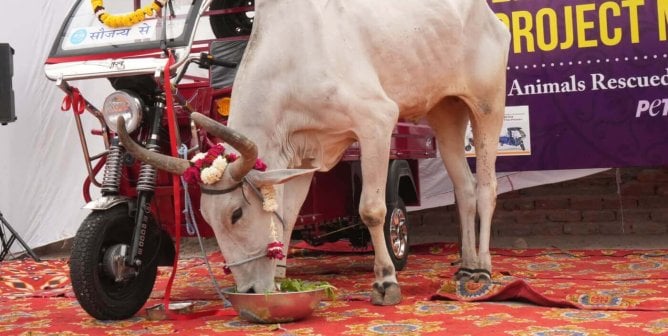Humans Have Much More in Common With Horses Than Just Ponytails
Looking for interesting horse facts? Horses have been evolving for tens of millions of years, and humans started domesticating them about 6,000 years ago. Yet the only things many people know about them is that we use them for racing and for police transport, force them to pull heavy carriages, and sometimes kill them and turn their bodies into meat or glue.

Most folks don’t realize that horses have complex emotional and intellectual capacities and their own interests in living.
Here are 15 horse facts that show why you should never attend horse races, ride horse-drawn carriages, or exploit these sensitive beings in any other way:
1. Horse mothers can take off running shortly after giving birth and can generally gallop at a speed of about 27 mph.
And their babies may not be too far behind them—infant horses can walk and run within just a few hours of birth. No strollers necessary if you’re a horse mom.
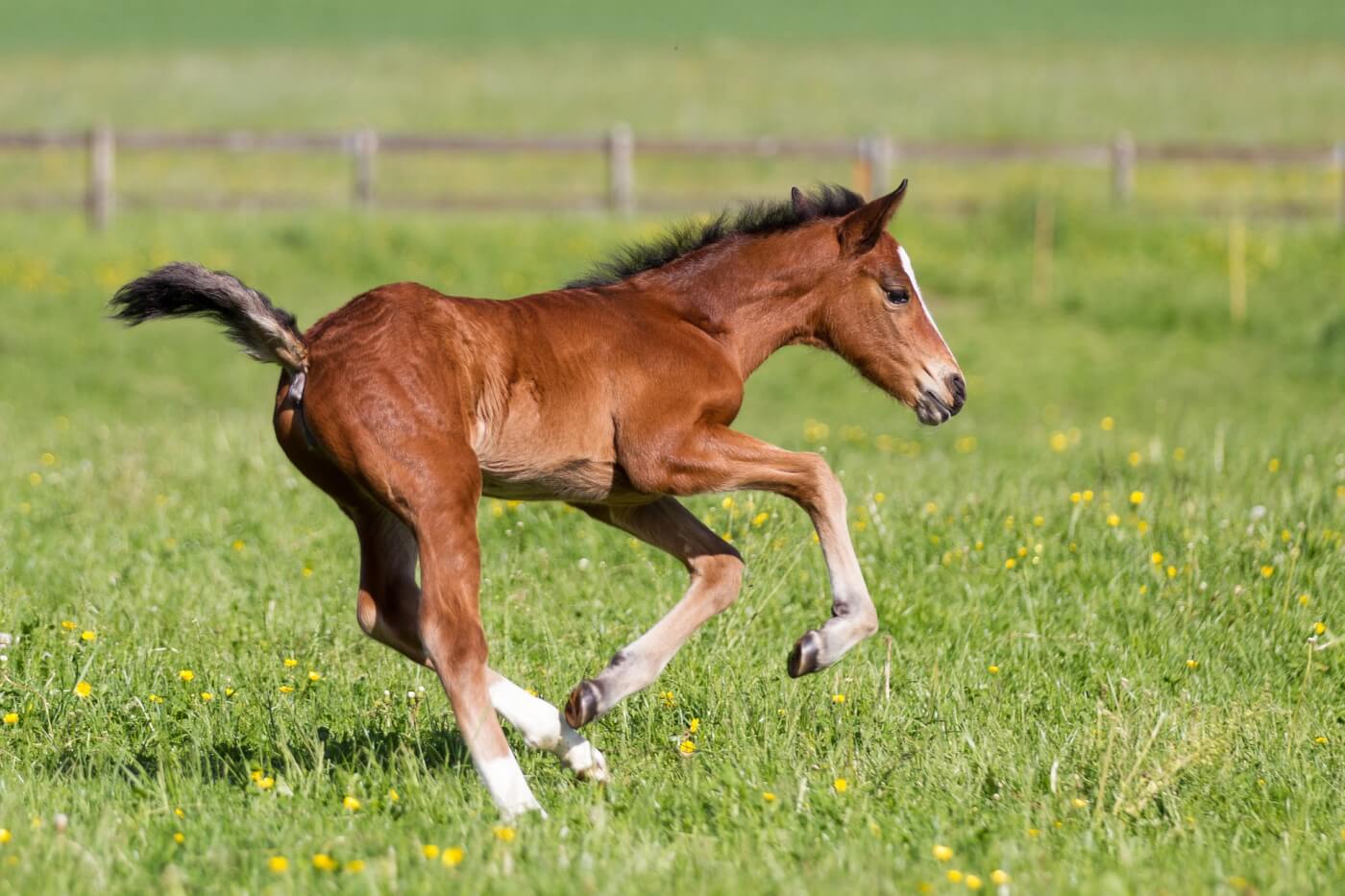
2. When horses are born, their hooves are covered with soft tissue—sometimes called “fairy slippers”—to protect their mother’s birth canal. Fairy slippers! 🥰

3. Horses use different vocalizations to communicate greetings, departures, mating calls, and danger.
Horse mothers also make a particular deep soothing sound when nursing their babies, as if singing a lullaby.
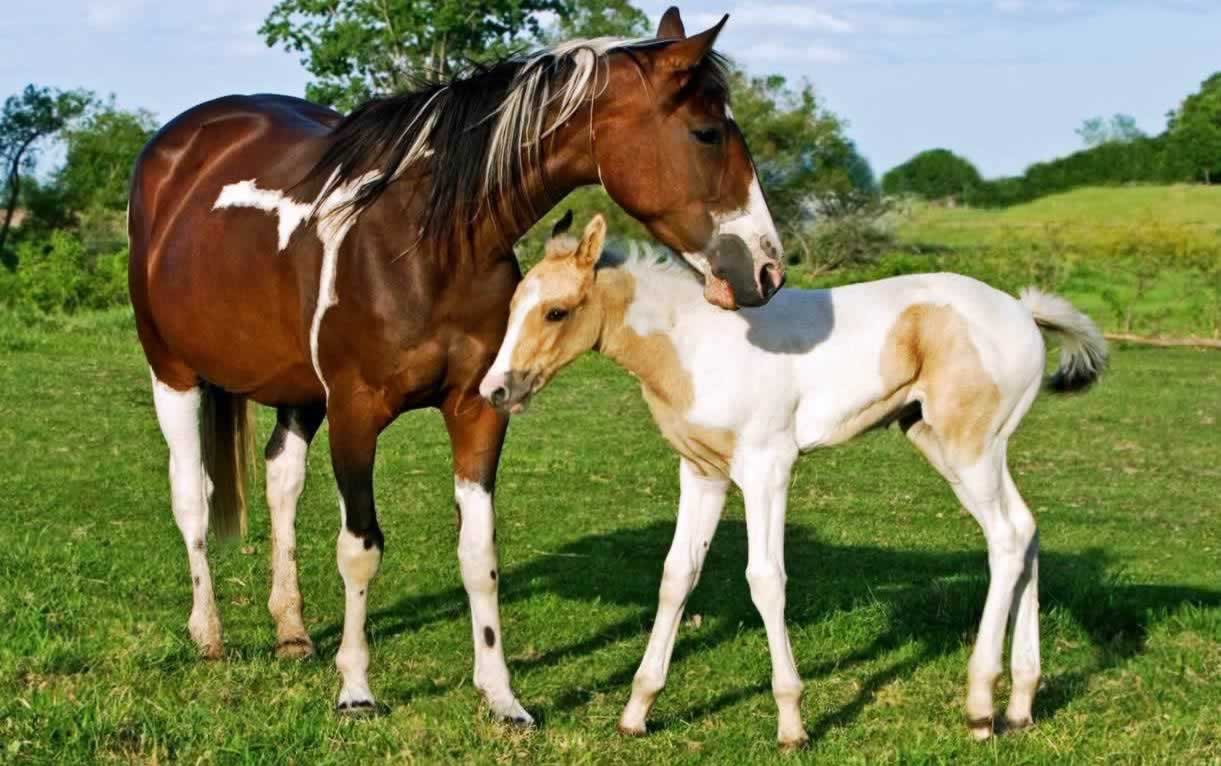
4. Male horses are gentlemen: The word chivalry comes from cheval, the French word for “horse.”
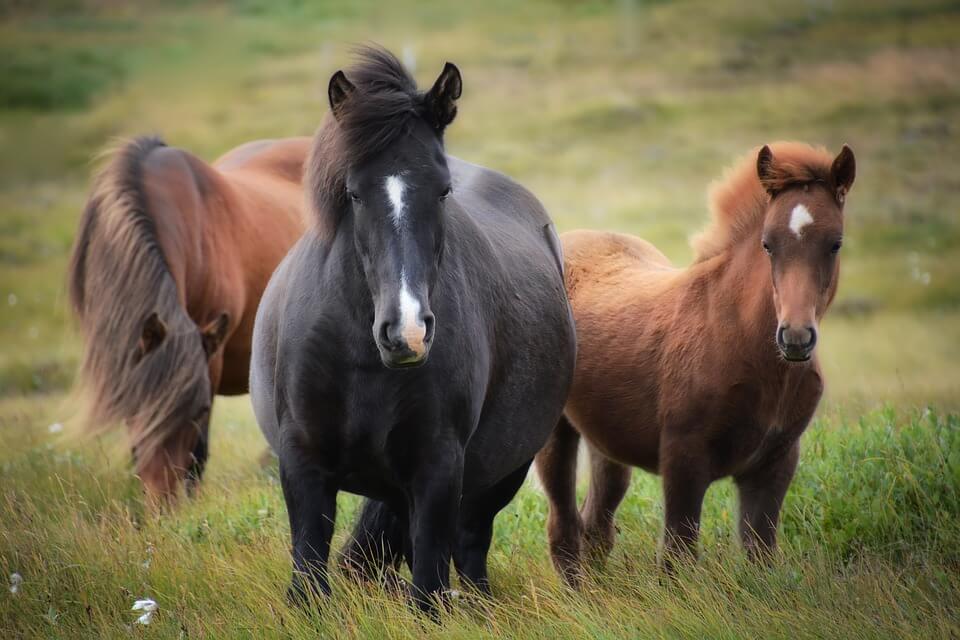
5. Horses use their eyes, nostrils, and ears to express their feelings.
The 16 muscles they have in each ear allow them to rotate 180 degrees. Researchers have found that a horse’s ear position offers a crucial visual signal for other horses.
6. Most of the time, the direction in which a horse’s ear is pointing indicates where the horse is looking.
If the ears are pointing in different directions, the animal is keeping an eye on two different things at the same time.
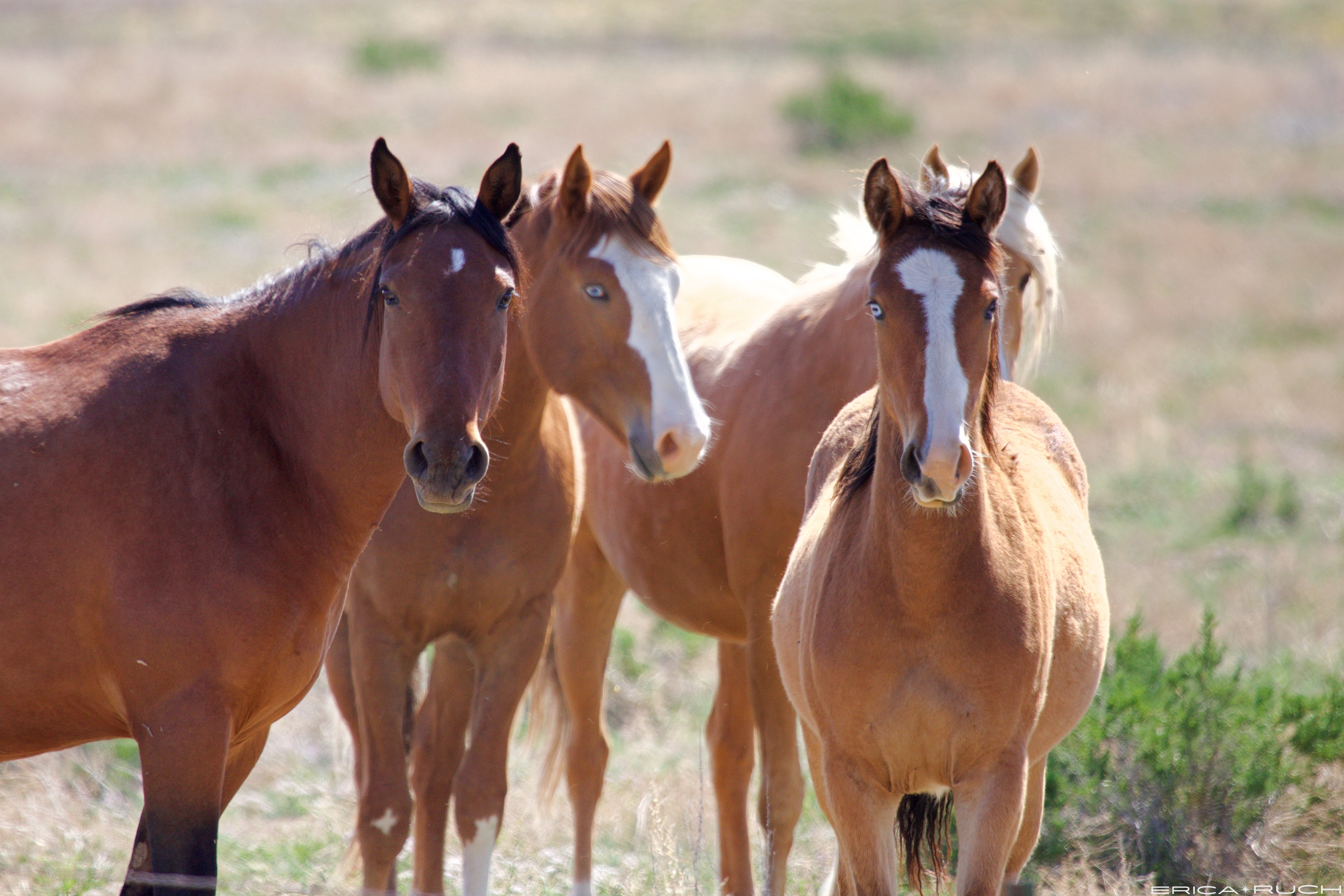
7. Horses have bigger eyes than any other land mammal and almost 360-degree vision.
They have bigger hearts, too—the average horse heart weighs 7 to 9 pounds. Their hearts are located in roughly the same place human hearts are (between the lungs and ribs and above the diaphragm) and function in nearly the same way, too. (Both have four chambers and pump warm blood.) Horses can even suffer from heart attacks. 💔
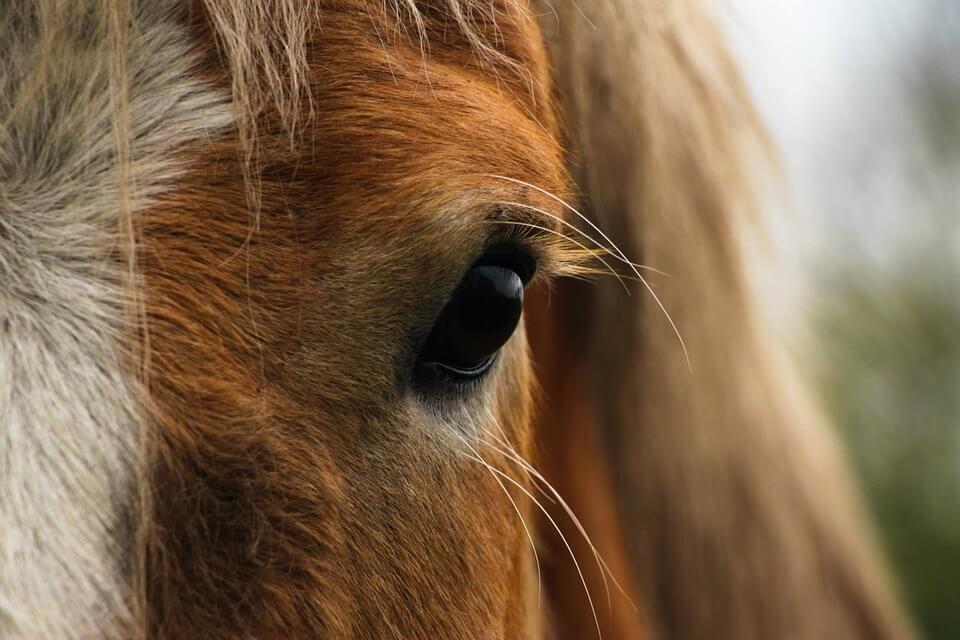
8. Horses are vegans.
Have you ever noticed how muscular they look? And you don’t see them asking each other where they get their protein. 😏
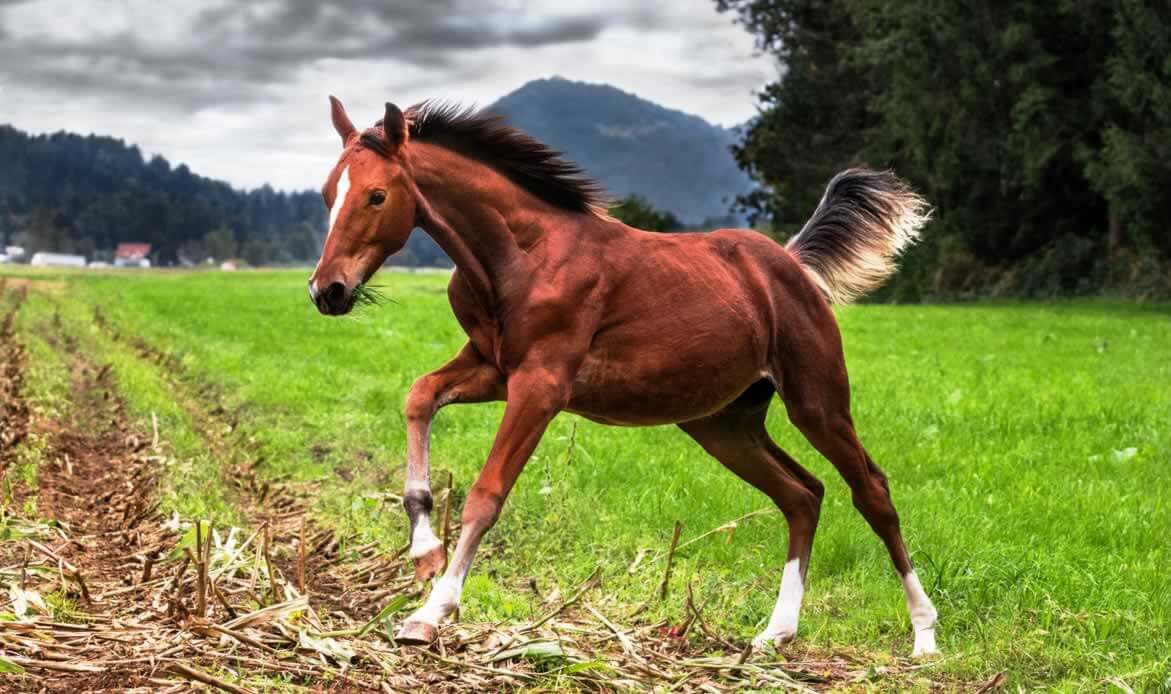
9. Horses are intelligent and can solve advanced cognitive challenges involving categorization learning and even concept formation.
And they are also quite sensitive. Clever Hans was a German horse living in the early 1900s who was thought to be able to solve math problems by tapping out the answer with his hoof. But it turned out that he wasn’t actually solving for X. Instead, he was observing his trainer’s body language, which subtly signaled when he was nearing the correct answer by becoming more tense. Hans was able to pick up on the change in posture and facial expression and stop tapping at just the right moment.
10. Horse hooves are made from the same protein as human hair and fingernails.
No wonder they call humans’ favorite updo a “ponytail.”
11. Horses can sleep lying down or standing up, but not all the horses in a herd sleep at the same time—at least one keeps watch to alert the others of potential dangers.
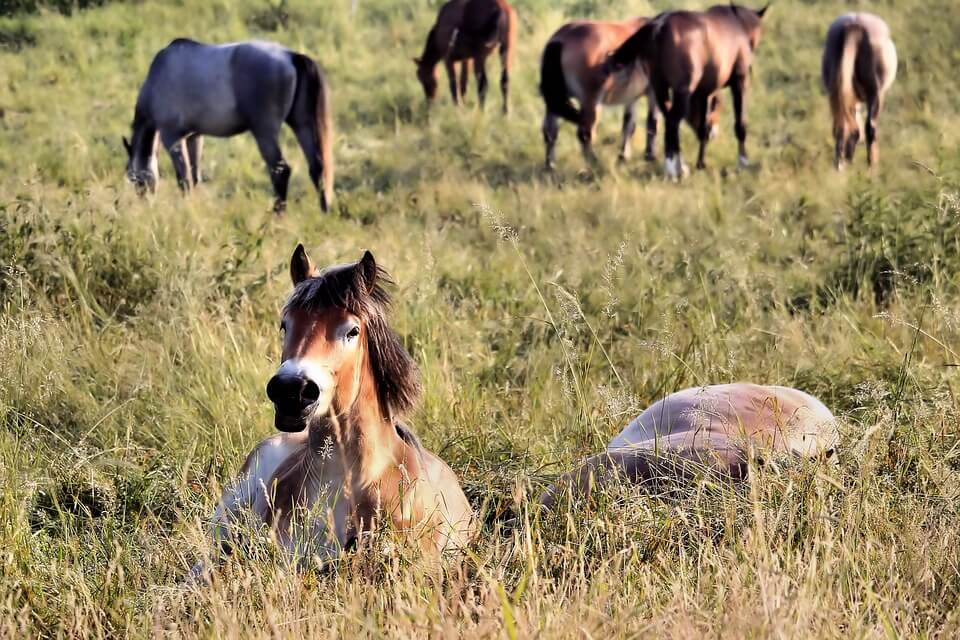
12. You are what you eat: Horses prefer sweet foods and will usually reject foods that taste sour or bitter.
Sweeties. 💕
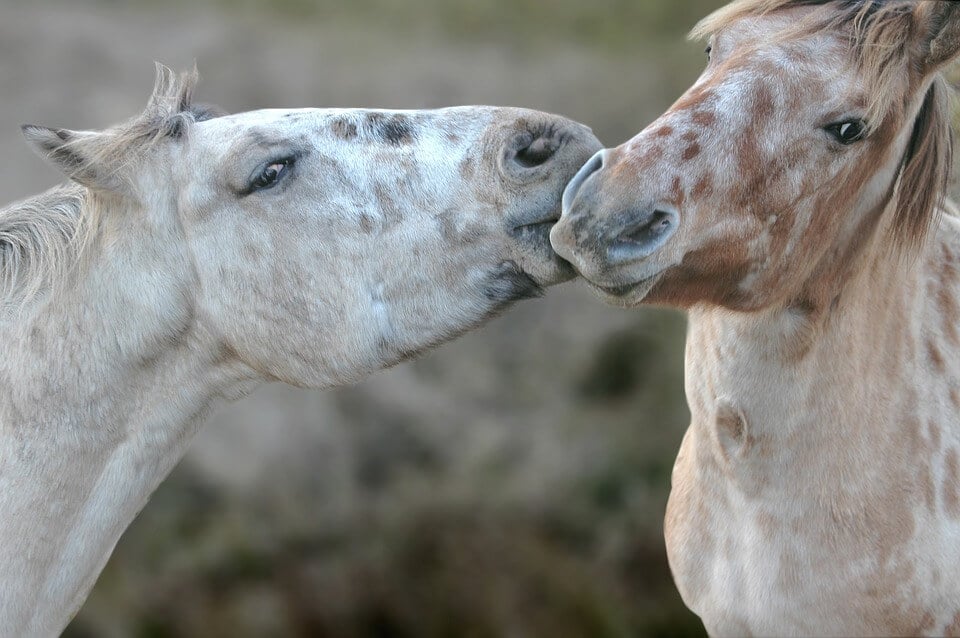
13. Horses can see better than humans at night.
14. Horses are herd animals and can feel stressed and lonely if forced to live alone, and they mourn each other’s deaths.
Research shows that horses display some of the same complex and fluid social organization that humans do, also found among chimpanzees, elephants, and dolphins. It’s all horseplay!
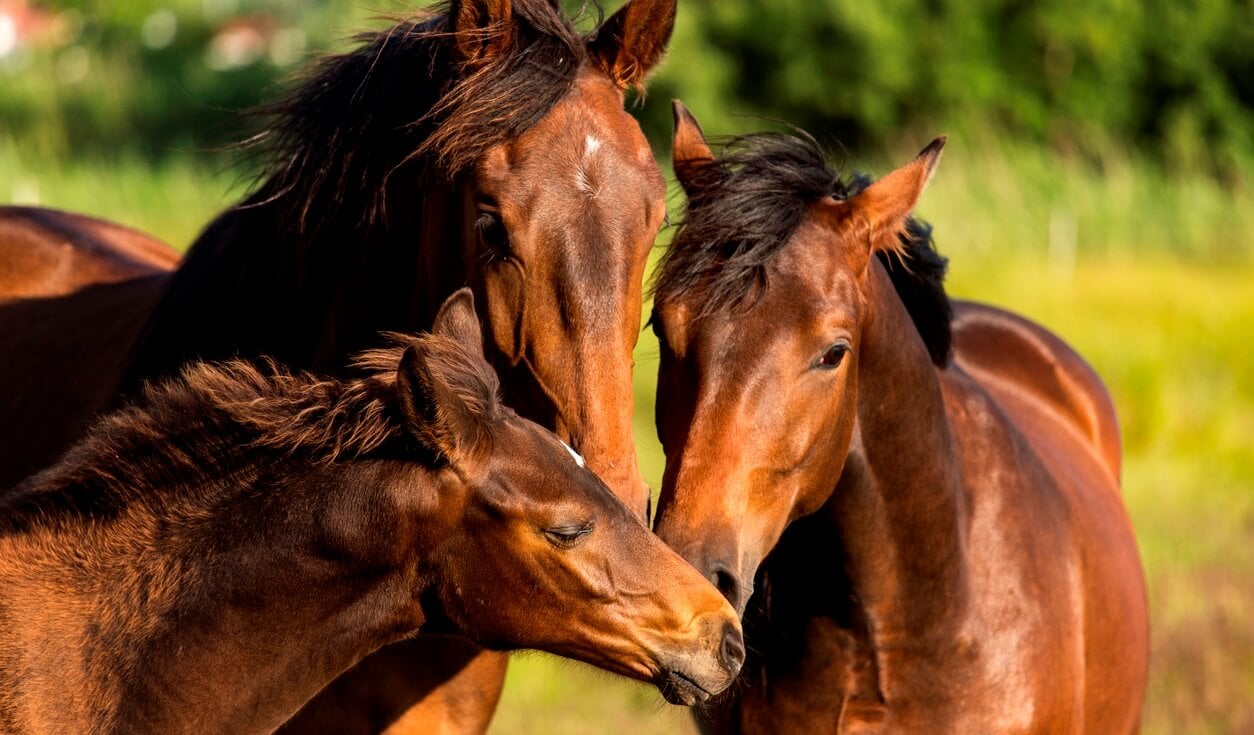
15. Horses have a great long-term memory (especially of places where they were spooked).
Their memories may even be better than those of elephants.
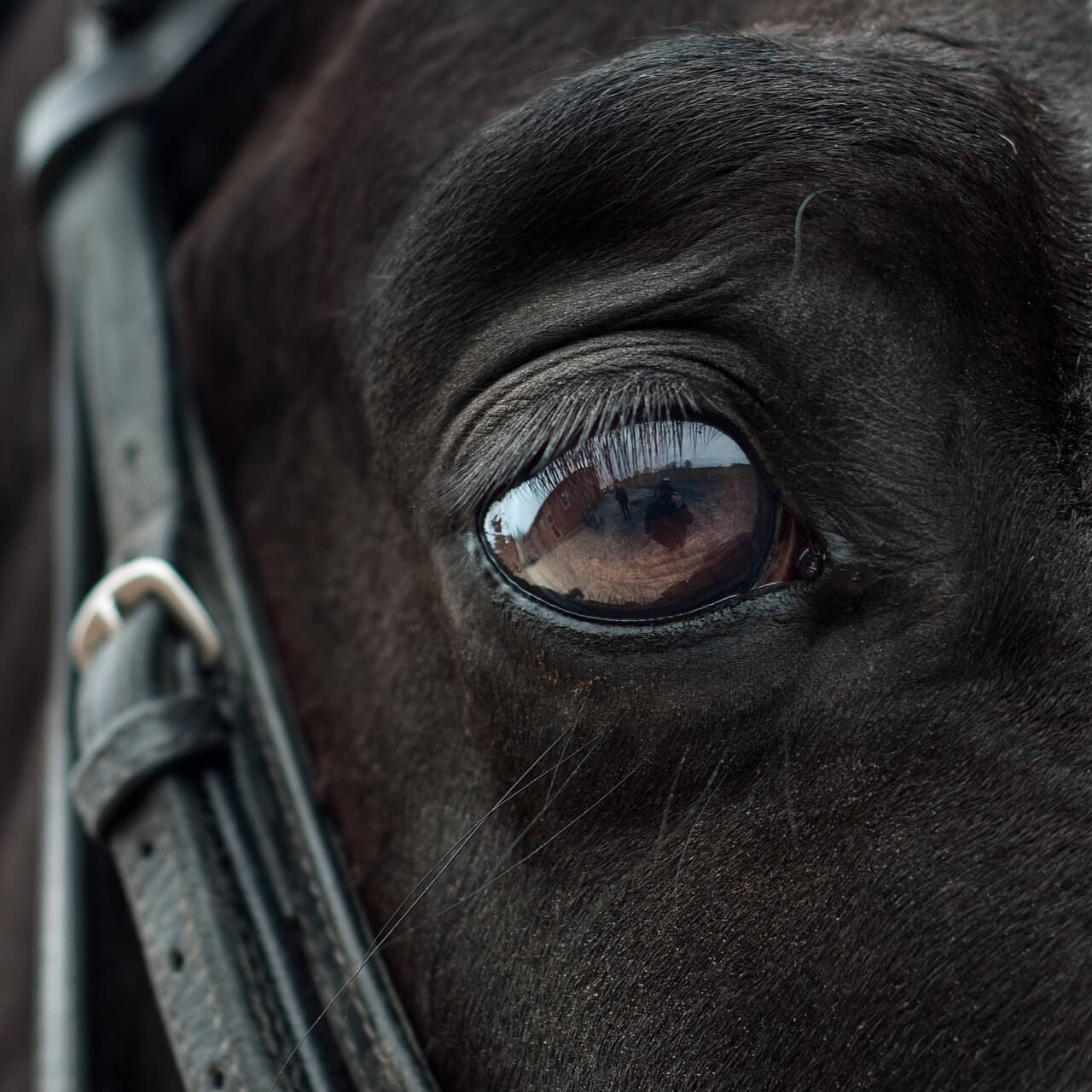
Have These Horse Facts Inspired You to Take Action?
The exploitation of horses has serious consequences. A New York racetrack claimed the lives of 24 horses as of June 2020, including three who died on the same day, and at least 37 horses died on the Santa Anita racetrack in California in 2019. And those are just two examples. Most horses aren’t protected under the federal Animal Welfare Act, so the real responsibility for protecting them falls to caring people like you.

